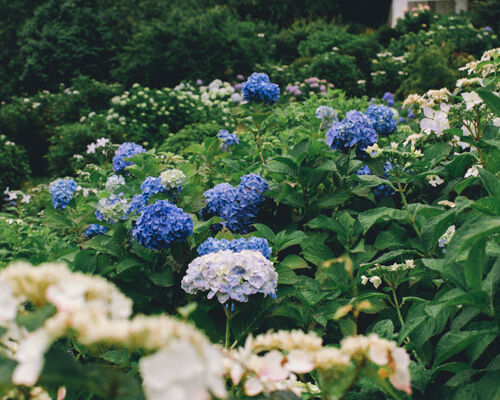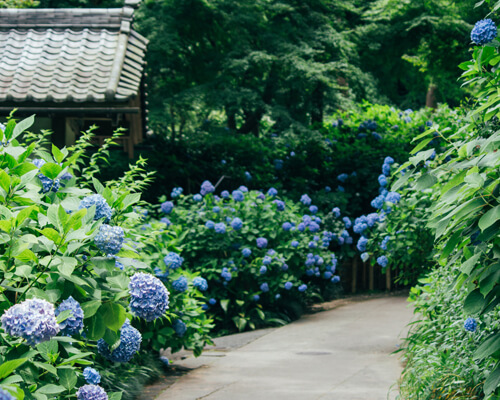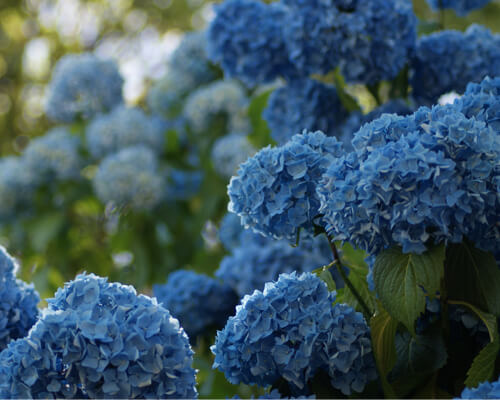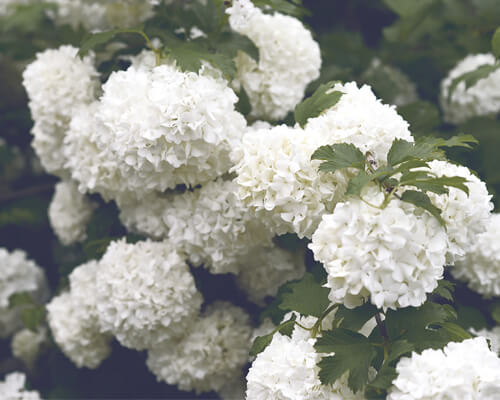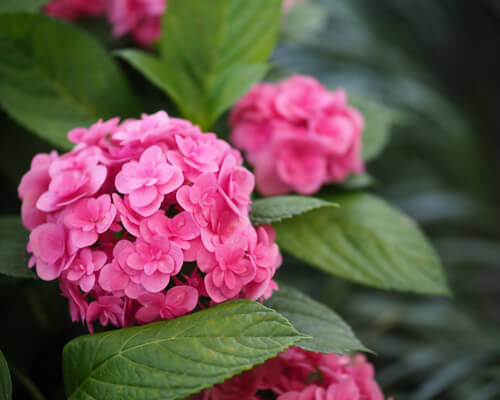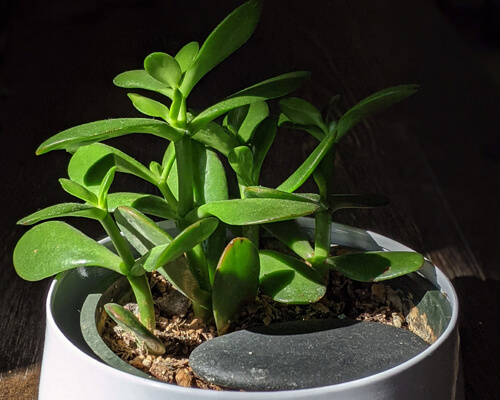December Birth Flower and Their Symbolisms
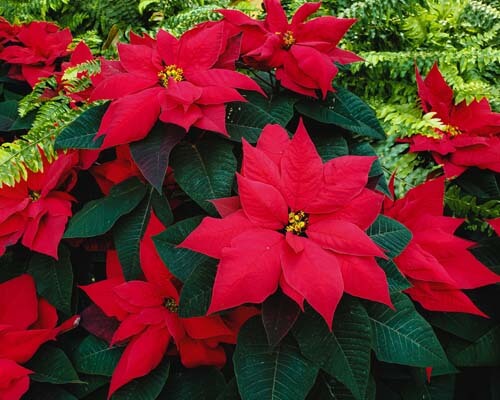
Birth flowers are a fun way to learn more both about nature and our own personality traits.
People born in December are lucky enough to have two birth flowers. The most common December birth flowers are Poinsettia and Narcissus flowers.
Is December a Poinsettia or Narcissus Flower?
Like most months, December has two birth flowers. Poinsettias and Narcissus are the birth flowers of December. Each is a unique-looking flower with drastically different care instructions and visual characteristics.
The holly plant is also sometimes considered a December birth flower, though Poinsettias and Narcissus are far more common.
Poinsettia
The Poinsettia (Euphorbia pulcherrima) is considered a common Christmas flower in modern times. However, Poinsettia has a storied history that dates back to the Mayans and Aztecs. The name Aztecs used for the flowers translates to “brilliant flower,” while the Mayan translation is “ember flower.” Both descriptions are rather apt due to the flower’s traditional crimson color.
The Mayans and Aztecs used flowers to create rich dyes. Ancient cultures also thought the Poinsettia helped with a variety of health conditions, particularly in women. Boiling the plant’s roots and drinking the mixture is a common treatment.
Historians attribute the discovery of this plant to Joel Poinsett, a military man and botany hobbyist.
Poinsettia Characteristics
Poinsettias are considered shrubs that produce showy, red bracts. These bracts are leaves, although they look like blooms. At the center of these bracts are small yellow flowers. The dark green foliage is similar in shape to the red bracts.
Poinsettia Symbolism
This December birth flower traditionally means purity. In more modern times, people interpret the December birth flower as a symbol of mirth, cheer, success, and celebration.
Narcissus
The story of the Narcissus flower is much different than Poinsettia plants.
Ancient Greeks attributed the flower to a myth about Narcissus, the son of the river god Cephissus. Narcissus was a beautiful man whose vanity and rejection of several important suitors brought the god’s wrath. He fell in love with his reflection, pining after himself until he died.
The modern definition of narcissism, established by famed psychologist Sigmund Freud, means an excessive degree of self-esteem and derives from this myth.
Narcissus was also the flower of the Greek god of the dead, Hades. As such, they were a symbol of early death.
Other cultures have associations with the Narcissus flower. For example, the ancient Egyptians were among the first groups to utilize the flower’s lovely aroma to create perfume. They were beloved flowers often added to the tombs of important people so they could have them in the afterlife.
Narcissus Characteristics
The Narcissus flower consists of six white tepals shaped like flower petals. They surround a golden-yellow trumpet-shaped center.
Narcissus flowers come in shades of orange, peach, and vibrant yellow. The flowers sit atop a single, dark-green stem with long, erect leaves. Their blooms last between one to two weeks depending on the quality of soil and light.
Narcissus blooms emit a lovely, fragrant scent as well. To most people, it is a pleasant sweetness. Others find the scent rather cloying, with descriptions varying from ammonia to sweaty socks.
Varieties of Narcissus include jonquil and daffodils, each with similar physical characteristics. However, the daffodil is one of March’s birth flowers.
Narcissus Care
Most Narcissus flowers are outdoor blooms. However, if you were to grow the plant indoors or as a part of their springtime landscaping, there are several care instructions to heed.
The plants bloom quickly. They will produce their cheerful blooms in December if their bulbs are planted in mid-November. They are cold-hardy plants that don’t mind a bit of snow or wind.
Narcissus loves cool temperatures between 50 and 60 degrees Fahrenheit. They also thrive under bright, artificial light. If given inadequate light, Narcissus will grow leggy and stretch towards the nearest light source. Their soil should be kept consistently moist for best results.
Narcissus Symbolism
Narcissus flowers bloom most often in early springtime, often when snow and ice still cover the ground. As a result, they are symbols of fertility, prosperity, and new beginnings. Furthermore, they are symbols of good wishes and clarity, both of which are lovely thoughts to bring to the end of the year.
The December birth flower is also associated with less positive symbols like selfishness, conceit, and rejection as a result of the ancient Greek myth.
Conclusion
For most people, the bitter cold and mountains of snow December brings are not associated with blooms or plants. Luckily for those born in December, this 31-day period has both the Poinsettia and Narcissus flowers as birth flowers. If you don’t like one, you can always associate yourself with the other.
Although they could not be more different, Poinsettia and Narcissus flowers are stunningly beautiful plants with cheerful meanings.

